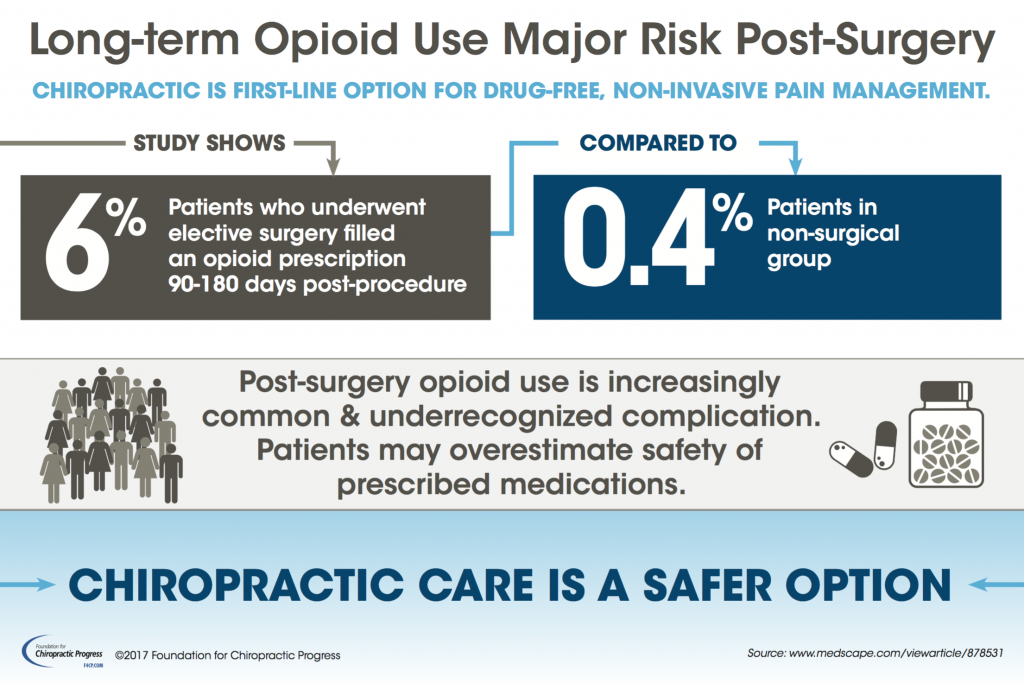Promote Your Back's Well-Being By Learning How The Foods You Eat Can Affect Your Discomfort-- Determine The Best Choices To Support Your Wellness
Promote Your Back's Well-Being By Learning How The Foods You Eat Can Affect Your Discomfort-- Determine The Best Choices To Support Your Wellness
Blog Article
Content By-Whitley Lykke
When it involves handling your back pain, the food choices you make can substantially affect exactly how you really feel on a daily basis. Imagine having the ability to reduce your pain simply by adjusting what you eat. By recognizing the duty of nutrition in pain in the back monitoring and understanding which foods to include or stay away from, you can take proactive steps towards a healthier and more comfortable way of living. The link in between nutrition and back wellness is more profound than you might understand-- allow's explore how specific foods can either soothe or worsen your pain in the back.
Relevance of Nutrition in Back Pain
Nourishment plays an essential duty in taking care of pain in the back. Your diet regimen can considerably influence swelling degrees and overall discomfort degrees in your back. Eating a balanced diet plan rich in nutrients like vitamins D and K, calcium, magnesium, and omega-3 fatty acids can help reduce swelling and reinforce bones, which are crucial for back health.
Furthermore, maintaining a healthy and balanced weight with correct nourishment can relieve stress on your spinal column, lowering the threat of back pain.
Additionally, particular nutrients like anti-oxidants found in vegetables and fruits can aid deal with oxidative tension and promote healing in the body, consisting of the back muscular tissues and spine.
On the other hand, eating excessive amounts of refined foods, sugary drinks, and unhealthy fats can contribute to inflammation and weight gain, exacerbating pain in the back.
Foods to Eat for Back Health
To sustain a healthy and balanced back, including nutrient-rich foods into your everyday dishes is crucial. Including foods high in anti-oxidants like berries, spinach, and kale can help in reducing swelling in your back, alleviating pain and pain. Omega-3 fatty acids discovered in fatty fish such as salmon and mackerel have anti-inflammatory properties that can benefit your back health and wellness.
In migraine cure midtown , consuming nuts and seeds like almonds, walnuts, and chia seeds gives essential nutrients like magnesium and vitamin E, which sustain muscular tissue feature and reduce oxidative tension. Integrating lean healthy proteins such as poultry, turkey, and tofu can aid in muscle fixing and maintenance, promoting a solid back.
Do not neglect to include dairy or strengthened plant-based choices for calcium to sustain bone health. Lastly, hydrate with plenty of water to keep your spine discs moistened and operating efficiently. By including these nutrient-dense foods in your diet regimen, you can nourish your back and assistance general back health and wellness.
Foods to Avoid for Back Pain
Opt for avoiding processed foods high in added sugars and trans fats when looking for remedy for neck and back pain. These sorts of foods can contribute to inflammation in the body, which may aggravate pain in the back. Say no to sweet snacks like candy, breads, and sugary beverages, in addition to junk food products like burgers, french fries, and fried poultry that are typically packed with trans fats.
In addition, steer clear of foods containing high degrees of polished carbohydrates, such as white bread, pasta, and breads, as they can spike blood sugar level degrees and possibly worsen swelling in the body.
It's additionally smart to restrict your intake of foods high in saturated fats, like red meat and full-fat dairy items, as they can add to inflammation. Processed https://chiropractors-back-pain95172.loginblogin.com/38106450/the-improvement-of-chiropractic-care-techniques-a-journey-with-time like deli meats, chips, and packaged snacks are commonly high in saturated fats and must be consumed in moderation.
Conclusion
Finally, taking notice of your diet plan and making wise food options can have a substantial effect on managing pain in the back. By integrating nutrient-rich foods like berries, fatty fish, nuts, and lean healthy proteins, and avoiding processed and sweet items, you can help in reducing swelling and support overall back health. Keep in mind, what you consume plays a crucial duty in how you really feel, so see to it to prioritize your nourishment for a much healthier back.
